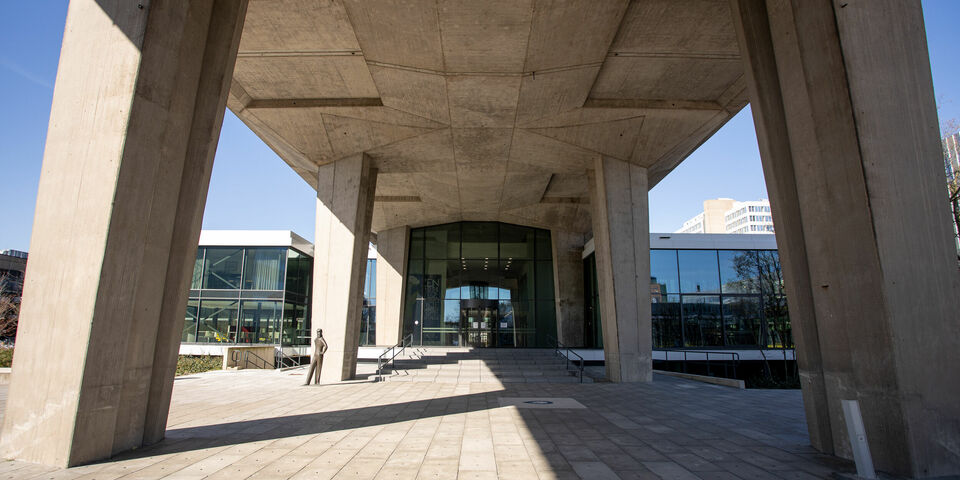Executive Board is satisfied with first week of online education
Education at TU/e has been completely restarted in a digital form this week. The Executive Board realizes that this was an enormous task and is relieved that the operation went almost flawlessly. On to the next difficult decision: how are we going to organize the exams in Q3?
Rector Frank Baaijens is very impressed with the speed at which TU/e has offered education online. After educational activities were paused in the week of March 16, education was completely restarted online on Monday, March 23. 359 courses had to be prepared for the transition, of which two failed. The most common methods used are live video lectures and recorded lectures. More than 150 hours of video lectures were recorded in one week, and since the restart of education, teachers have offered live lectures for about 240 courses. This was made possible by the accelerated introduction of MS Teams, Office 365, Panopto and BigBlueButton.
“We see that the number of online lecture visits is now higher than the sum of visits to real lectures and online viewers last year. The cautious conclusion is that students continue to follow education rather well,” the rector says in a video call.
Exams
The examination period will start on April 6, one day later than in the original schedule. The Executive Board will decide this Sunday how a part of the exams will be taken. “We asked all lecturers about alternative forms of examination. That turns out to be difficult for eighty courses spread across all departments. We are still looking for a solution for this issue. We will be communicating about the topic this weekend, for which Canvas will be leading. We’re examining whether online proctoring - examining online with remote surveillance - is technically possible, how privacy is guaranteed and whether it is susceptible to fraud. We have recently tested it with 170 students and we will use the knowledge gained, in our decision.”
Baaijens thinks it is “great that we are able to mobilize a lot of students in no time who help us with those tests. Study associations and their education commissioners have played an important role in this and lecturers, program directors and deans have also been involved. This way we make sure we really make the decision together.”
Registrations
The question of how the international applications for next year will be arranged, is still premature. "Nobody knows how that will go," Baaijens says resignedly. In any case, the check-your-study-choice days will go on online. "We gained some experience with this already during the decentralized selection, so I feel confident that it will work out." Dutch students do not have to register until June 1st, for internationals the TU/e sticks to the date of May 1st, due to the time it takes for the follow-up process, with visas and the like. About the TOEFL (Test of English as A Foreign Language), which many Asian students are particularly concerned about because they cannot take the test due to the circumstances, Baaijens says that it is already available again or will be available in the near future. "In any case, we will not, we cannot, accept students conditionally without that test."
Child care
Baaijens would like to emphasize that everyone involved in education, directly or indirectly, has the right to childcare. “They are part of people having a crucial profession, the people who assist in recording lectures included. Those who want to use this service can get a statement through HR that they are in the crucial professions category.”


Discussion